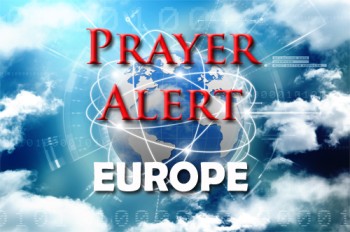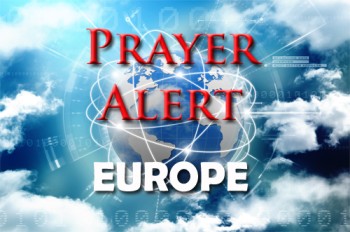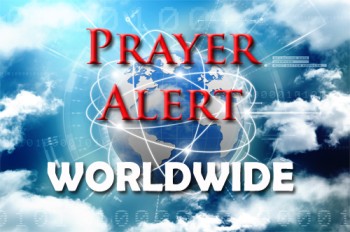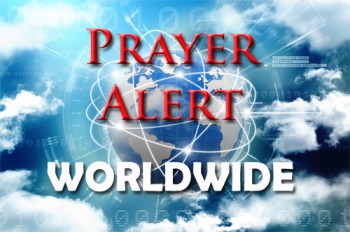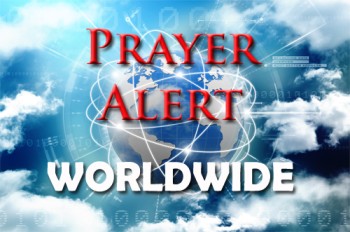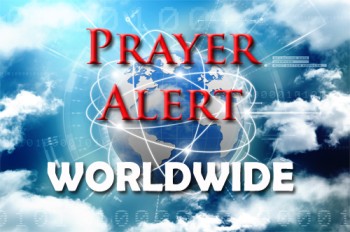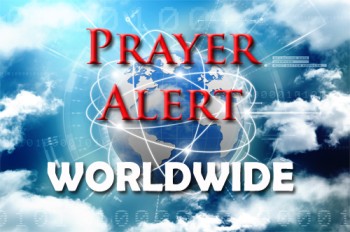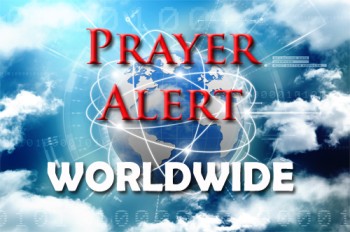Russia: human rights campaigner jailed
Oleg Orlov, a veteran human rights campaigner, has been sentenced to two and a half years in jail for criticising Russia's involvement in the Ukraine conflict. Orlov, 70, served as a leader in the Memorial human rights organisation, which received the Nobel Peace Prize in 2022 but was subsequently banned in Russia. He faced charges of ‘discrediting’ the Russian army by claiming it was engaged in ‘mass murder’ in Ukraine. Orlov staunchly defended his actions in court, lambasting the Russian state's descent into authoritarianism and fascism. The closure of Memorial marked a significant escalation in Vladimir Putin's crackdown on dissenting voices. Orlov's imprisonment reflects a broader trend of silencing anti-war activists. In his closing statement, Orlov paid tribute to Alexei Navalny, who died in prison on 9 February: he will be buried in Moscow on 1 March. on 1 March.
Russia: North Korean factories supplying munitions
South Korea’s defence minister has said that North Korea's munitions factories are operating at full capacity to supply weapons and shells to Russia for the war conflict in Ukraine. This revelation sheds light on North Korea's secretive role in aiding Russia's war efforts, while Ukraine's own need for military resupplies faces obstacles in Washington. The exchange involves millions of rounds of artillery shells, facilitated by shipments of food and other essentials from Russia, while other factories are operating at only 30% capacity due to shortages in raw materials and electricity. It is estimated that over 10,000 containers of munitions have been delivered since September. They come at a critical juncture in the conflict, as Moscow seeks to sustain its war efforts amidst heavy losses. Russia's recent capture of Avdiivka highlights its ability to wear down Ukrainian forces, while Kyiv faces challenges including manpower constraints and dwindling Western ammunition supplies.
Gaza: Israel accused of blocking food aid, fire on crowds
UN officials have accused Israel of systematically blocking aid from reaching desperate Palestinians in Gaza, warning that a quarter of the population is ‘one step away from famine’. On 29 February over a hundred died and 750 were wounded when Israeli soldiers opened fire on crowds waiting for food aid. The conflict has now resulted in over 30,000 Palestinian casualties. Much of Gaza has been devastated. The officials highlighted the urgent need for food aid, with one in six children under two in northern Gaza suffering from acute malnutrition. However, delivering aid is hampered by numerous obstacles, including crossing closures, restrictions on movement, and attacks on aid convoys. In the event of a ceasefire, the World Food Programme is ready to swiftly expand operations; however, US hopes of an imminent truce seem very slim.
USA: Alabama ruling that embryos are children
The Alabama supreme court has ruled that frozen embryos are children, which has sparked controversy and cast uncertainty over the future of IVF treatments in the state. Medical experts and reproductive advocacy groups are warning of adverse effects on fertility treatments, while some anti-abortion groups have hailed the decision for granting embryos legal protection. Despite not banning IVF, the decision raises concerns about its legality in the state, potentially limiting options for individuals seeking to build families. The ruling intersects with broader debates on reproductive rights, especially in the context of the US supreme court's decision in 2022 to strike down a nationwide right to abortion. Since then, Democratic-controlled states have expanded access and Republican ones restricted it. Anti-abortion activists view the decision as a victory for life, yet acknowledge complexities regarding IVF ethics. Overall, the ruling intensifies discussions on embryo rights and the regulation of reproductive technologies.

